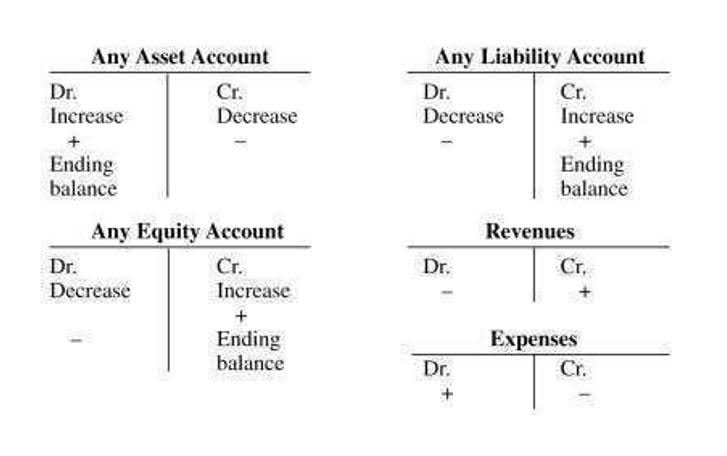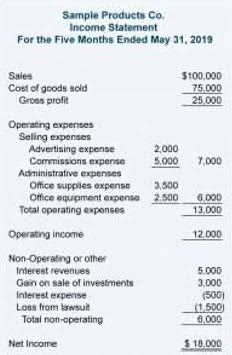Collecting Law Firm Receivables: 8 Best Practices
- 2021-01-12
- 01:13

The client should dispute directly with you since you still have some control over the process. A chargeback can be challenging since the outcome is up to the card company’s discretion. Regardless of whether the chargeback is valid or not, you’re still typically normal balance responsible for chargeback fees. With legal payments software, offering multiple ways to pay doesn’t have to be an administrative nightmare. Consistent communication can help you get on the same page with clients and minimize the chance of disputes or billing issues down the line. Using succinct descriptions in the invoice can also help clients easily understand what you’re charging them for.
- It’s easier for clients to pay their bills—meaning firms get paid for their hard work without needing to constantly chase up.
- Interest earned on IOLTA accounts is sent directly to local Bar Associations to support charitable legal services.
- While the success of any business hinges on timely payments, many lawyers struggle with delays—or worse, non-payment altogether.
- You can automate as much or as little of the accounts receivable process as you like.
- Using outdated tools, employing multiple platforms, or attempting to do everything manually with spreadsheets can lead to errors and compliance issues.
Demystifying the Billable Hour – How to Right-Size Your Rates

Implementing a comprehensive legal practice management solution can significantly enhance the efficiency of your law firm’s accounts receivable management. Such software can automate various aspects of billing and collections, freeing up valuable time for your team. There are several steps firms can take to reduce the time they spend chasing up late payments and make life as easy as possible for their clients. What’s more, with tools like Clio Manage, you can resolve potential chargebacks from one single portal in no time. After working alongside countless attorneys and law firms https://www.bookstime.com/ across the country, the benefits of outsourcing law firm accounts receivable management are verified by the numbers.

Gain 3+ billable hours per day
- Some investors also prefer accrual accounting since it more accurately records income and expenses when they were earned.
- Since the heavy lifting is done in the backend, you can easily customize every invoice to a client’s needs in a fraction of the time.
- What’s more, a timelier invoice is more likely to reach them when they appreciate you and the work you’re doing.
- However, accounting is a necessary part of the profession that helps ensure your firm is profitable, your team is fairly compensated, and your accounts are compliant.
- If those efforts don’t result in payment, let the debt collector take over.
I’m writing to inform you of your balance of $ amount overdue for invoice number for legal services on your case claim against defendant. Your services were completed on date and invoice number and payment was due on payment due date. To take legal action to collect a debt, the creditor (or party owed money) files a lawsuit against the debtor (or party who owes the money). Once a debt collection lawsuit is filed with the court, the creditor gives the debtor notice of the lawsuit.
Law Firm Accounting Guide: 11 Steps to Boost Efficiency
- For newer, smaller outstanding balances, a gentle billing text message reminder might be all it takes to nudge the payment along.
- Decide early on how you plan to complete bookkeeping tasks, how often you plan to do financial reporting, and how you’d like to manage financial records and documents.
- I’m writing to inform you of your balance of $ amount overdue for invoice number for legal services on your case claim against defendant.
- However, more formal collection procedures might be necessary for older, larger debts.
- Records can include bank statements, checkbook registers, and any supporting documents related to the account.
- Unfortunately, manual processes traditionally employed by law firms often struggle to address the unique challenges of legal A/R management.
Law firm accounting is a process that involves meticulous recordkeeping to comply with regulations set out by local jurisdictions and the American Bar Association (ABA). Detailed information is crucial to reaching your law firm’s financial goals and maintaining client transparency. Along with digital payments, there’s great value in sending bills out promptly. Not only that, but other misfortunes could arise during that time, like losing money in an investment or being negatively impacted by the economy.

The more consistent you are with these client updates, the more you can control the narrative as the case progresses. Conducting a potential new client consultation effectively is an law firm accounts receivable management art form.

